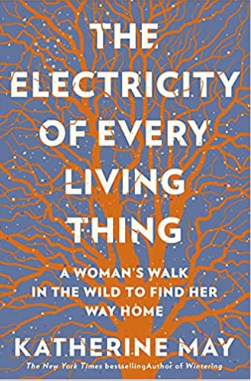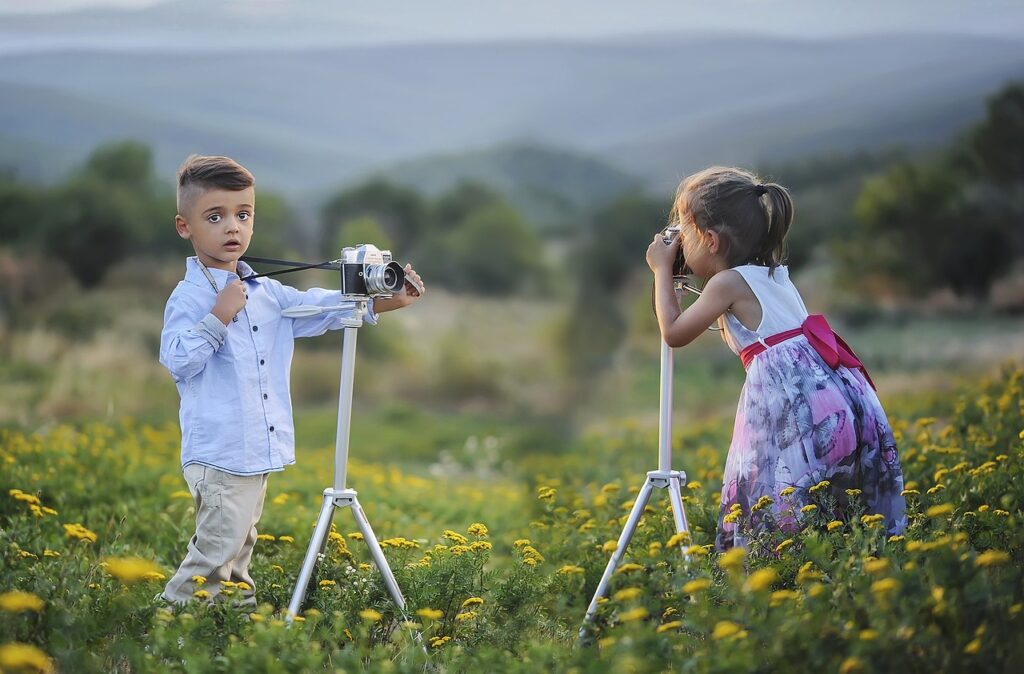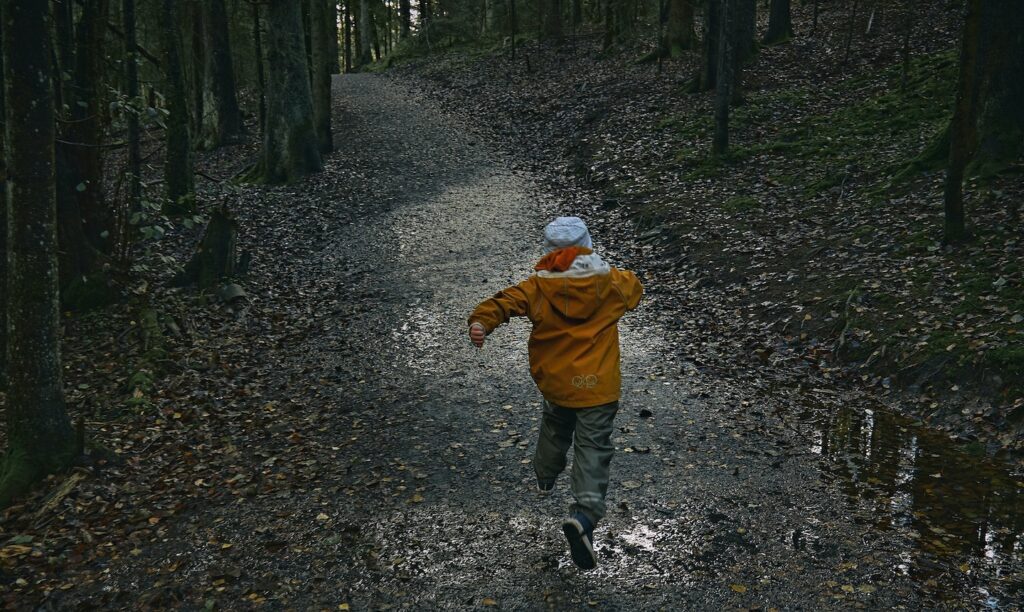
Why be normal in a world that is not?
Spoiler alert: I think normal is overrated.
If you had an opportunity to receive a diagnosis, a label, that explained why you were different from normal—would you want it? Even if it could do nothing to change your actual situation?
Sometimes a label helps
I recently read Katherine May’s book The Electricity of Every Living Thing: A Woman’s Walk In The Wild To Find Her Way Home, in which she describes how she learned, through a chance radio broadcast, that she was on the autism spectrum. And had been living there for 38 years without anyone recognizing the patterns.
Knowing that she might be on the spectrum explained why it was hard for her to deal with crowds, be hugged by people, or encounter loud places. It gave her a way to understand what she called the electricity in certain rooms or gatherings. It offered her perspective on the parts of her personality she found challenging, and it helped her feel better about herself.

The book describes how she processed this revelation as she walked the 630-mile South Wales Coast Path in England.
In her case, a label seemed to open things up for her. She did not want special treatment from others, yet she found more compassion for herself.
When my cousin Mary was diagnosed with Alzheimer’s, it came as a relief. She stopped judging the failings and accidents that stemmed from her memory loss and was delighted to learn that Alzheimer’s was “not her fault.” The label helped her let go of guilt for how she was.
Sometimes labels harm
Labels can also hurt. We can use them as a way to stereotype and write people off. Job applicants may be dismissed because they are not the right “personality style.” I taught the Myers Briggs Type Indicator, and while I found it useful, I saw how some turned it into a badge, a shield against addressing problematic parts of their behavior. They wore their “type” like an astrology sign.
Mary felt relief to be diagnosed. But for many, the label “dementia” is a reason to be marginalized, set aside, as if others could “catch” the condition by being around someone with Alzheimer’s.
Labels can keep us from seeing and honoring how complex and different we all are.

What is considered normal in a world that is not
As I said above, I think “normal” is overrated. For one, a lot of us grew up feeling that we couldn’t quite fit society’s construct of who we were supposed to be. Normalcy felt like a social construct, a way the powers that be kept the flocks in order.
When the times are not normal, what does normal even mean? What is normal during a pandemic when someone is physically, emotionally, and financially strung out? What is normal when someone has long-haul Covid that doesn’t budge even after the disease is reported to have moved on?
What is normal when you lose a friend? Or feel the burden of bad news, too many obligations, and seemingly irresolvable situations?
What is normal when crazy-seeming people in leadership make decisions that hurt thousands, if not millions?
Under the surface of normalcy lies a complicated, individuated world. If we could give each other more slack to be less “normal,” we might breathe deeper and have more fun—provided, of course, that our differences didn’t hurt anyone else. A friend’s son changed genders and her new daughter seems so much happier. It makes me glad.
Shouldn’t benign acts of choosing one’s identity be part of what we call normal, if we want to use that term at all?
Alain de Botton, from London’s School of Life writes:
“Any idea of the normal currently in circulation is not an accurate map of what is customary for a human to be. We are — each one of us — far more compulsive, anxious, sexual, tender, mean, generous, playful, thoughtful, dazed, and at sea than we are encouraged to accept.”
Alain de Botton
To which I say, “Here, here!”

The verdict on labels
My verdict: Use them if they open up curiosity and compassion; toss them if they put you or another into a box from which it’s hard to leave.
But most of all, don’t we all deserve the comfort of hearing—label or not—“You are doing life the best way you can, bravely and creatively, given all the challenges you carry?”
Working it through by walking

Katherine May found her way into a new understanding by walking—through rough conditions and across long distances on the South Wales Coast Path. Rather than sitting down and thinking through her condition, she let realizations flow through her into a new, embodied appreciation of being on the spectrum.
I liked the idea that we don’t have to decide what we think all at once.
When life is perplexing and stressful, or we question our sanity, we can walk.
Because sometimes we can only figure out life one step at a time.
[/et_pb_text][/et_pb_column] [/et_pb_row] [/et_pb_section]








